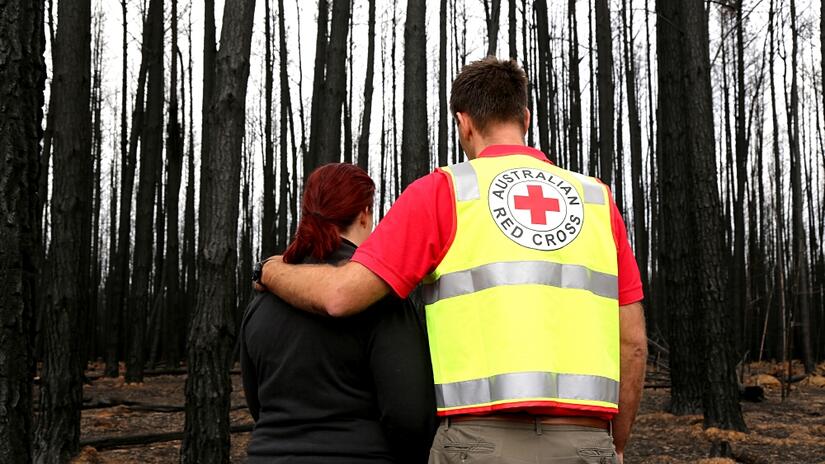Climate change increased the chance of the “extreme fire weather” witnessed in Australia over the past few months by at least 30 per cent, says a new analysis by World Weather Attribution scientists.
The true figure could be “much higher” because models underestimate the trend in heat extremes – one of the main factors making up indicators of fire danger.
If global temperatures were to rise by 2°C, the study adds, the fire-weather conditions experienced in summer 2019–20 “would be at least four times more common as a result of human-caused climate change,” a WWA press release says.
The researchers, from Australian, European and American universities and research institutes = including the Red Cross and Red Crescent Climate Centre - used an international Fire Weather Index first developed by Canada and France and adapted for use in Australia and other countries.
They compared present-day conditions, with more than 1°C of global warming, to the climate as it was around 1900, focusing on heat and periods of very low rainfall.
Heatwaves like Australia’s this summer “are now hotter by 1–2°C than they were around 1900”, the WWA release says; the scientists did not, however, “directly link the recent record low annual rainfall nor the driest month of the fire season with climate change.”
The Australian Red Cross, which to date has raised the equivalent of nearly US$ 30m for its humanitarian response to the fires, has described the episode as “extraordinary times with extraordinary responses”.
Climate Centre Director Professor Maarten van Aalst, a joint author of the WWA study, said today: “Climate change is already making our global humanitarian work more difficult; we’re facing bigger risks and more surprises.
“This study shows that these rising risks are reflected in the huge losses in the Australian bushfires that it will take even a wealthy, well-prepared nation a long time to recover from.
“Adaptation and resilience are critical but on their own are not enough: reducing emissions is also crucial.”
The WWA scientists, who say the chief aim of their methodology is to provide findings relatively quickly after an extreme event, have are submitting their results to the scientific journal Natural Hazards and Earth System Sciences, where it will be available for open peer-review.
Story: Alex Wynter, Red Cross Red Crescent Climate Centre
Article
Extreme fire-weather in Chile driven by climate change and El Niño
Extreme fire-weather in Chile driven by climate change and El Niño
| Article

